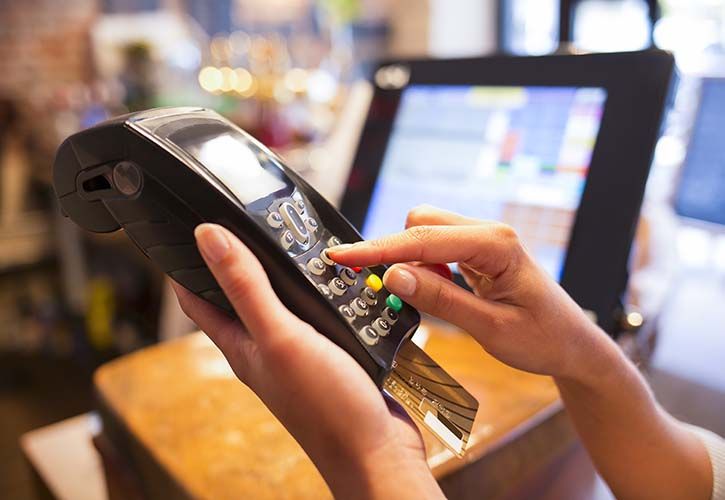UK DIY News
BRC: Card Payments Represent 90% Of Retail Spend

- The pandemic changed the way we pay, with cash accounting for just 15% of all transactions in 2021
- 90% of retail spending, and 82% of transactions, used debit or credit card
- Retailers spent £1.3bn to accept payments from customers in 2021
Today, the British Retail Consortium (BRC) published its latest annual Payments Survey. The report reveals that in 2021, as stores closed for lockdowns and the public was advised to use contactless payments, cash usage fell to just 15% of all transactions (down from 30% in 2020), while 82% were made on credit or debit cards (up from 67% in 2020). More than four-in-five card transactions were made using debit cards, with the rest made up of credit and charge cards.
As a proportion of total money spent, cash accounted for just 8% of consumer spend (down from 15%), while credit cards rose slightly to 23%, and debit cards rose significantly to 67% (up from 59% in 2020).
The rise in the use of card payments in part reflects the increase in online shopping in 2021, when 48.6% of non-food items were purchased online. This figure has fallen to 39.9% in the first 11 months of 2022, as more people returned to the high street as the pandemic eased. As a result, it remains to be seen whether this shift to card payments will stick.
Cash remains vital for many people, particularly vulnerable groups who do not have access to other payment methods. However, the decline in cash has made it harder for many firms to use cash efficiently – increasing the costs associated with handling physical money. Government will need to look at solutions to ensure it remains a viable payment option for consumers.
While card usage soared, so did the costs associated with accepting these payments. Retailers incurred costs of £1.3 billion just to accept card payments from customers in 2021. Debit cards, which accounted for the majority of transactions, saw scheme fees rise by 28% compared to 2020, and total Merchant Service charges increased by 12%. This translated into an additional £141 million in costs imposed by card firms onto retailers just to process debit card transactions.
Amidst a backdrop of mounting costs from rising energy prices, rising commodity prices, rising transport costs, a tight labour market, and other supply chain disruption, these excessive card fees add further cost pressures to retailers.
The BRC, along with other business groups, have long been calling for intervention on anti-competitive practices in card payments in order to protect British businesses. The following actions must be urgently considered:
- Stop card fees rising: While the Payments Systems Regulator undergoes their lengthy market reviews into card fees, they must enact temporary interventions to stop card fees rising during this period.
- Remove interchange fees: In 2020, the UK Supreme Court ruled that card firm interchange fees were unlawful, but these are yet to be abolished.
- Treasury Review: We call on the Treasury to conduct its own review into the cost of accepting cards
Hannah Regan, Payments Policy Advisor, British Retail Consortium said:
“With the public in and out of lockdown and cash usage discouraged last year, over 90% of retail spending used debit or credit card. With card usage soaring, already hard-pressed retailers had to pay huge sums to accept these payments. We need urgent intervention from the Payments Systems Regulator and the Treasury to stop card schemes from abusing their dominant market position.”
Source : British Retail Consortium
Insight provides a host of information I need on many of our company’s largest customers. I use this information regularly with my team, both at a local level as well as with our other international operations. It’s extremely useful when sharing market intelligence information with our corporate office.











































